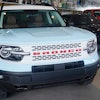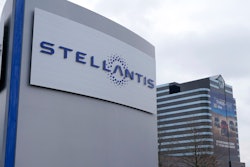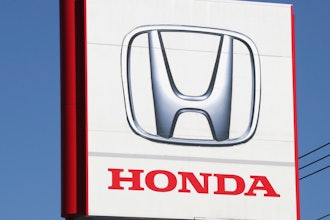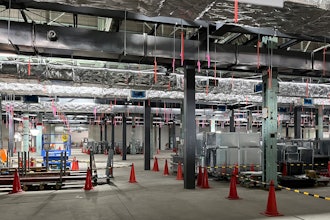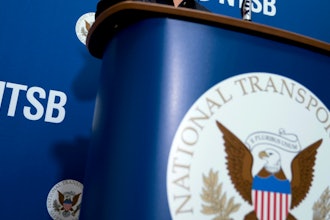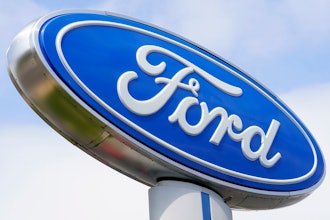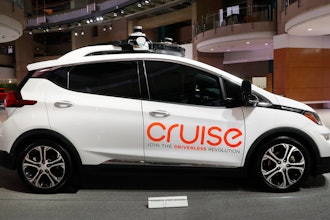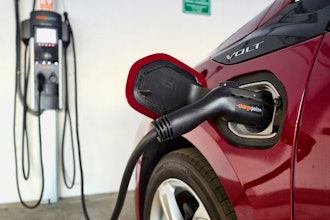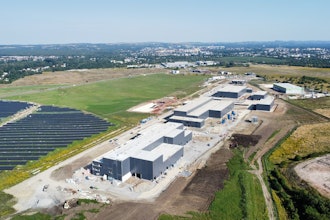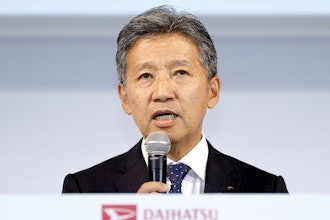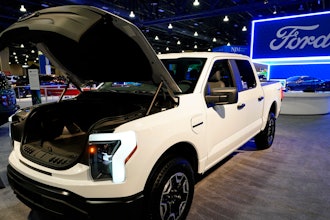A U.S. safety agency is looking into a consumer's petition alleging that older Toyota Corollas can accelerate unexpectedly at low speeds and cause crashes.
The inquiry by the National Highway Traffic Safety Administration covers about 1.69 million of the Corolla compact cars from the 2006 to 2010 model years. The agency will decide whether to open a formal investigation into the problem.
An unidentified consumer said in a letter to the agency that he experienced multiple low-speed surges in a 2010 Corolla, and the brakes failed to stop the car in time to prevent a crash. The consumer said the problem caused one collision with a parked vehicle on June 8.
"In addition to evidence from our crash incident, we are providing evidence that many other Corolla owners are experiencing similarly unsafe scenarios that are leading to crashes," said a portion of the consumer's letter posted Monday on NHTSA's website.
The consumer provided 163 reports from other drivers who experienced a surge at low speed or no speed. But NHTSA said it eliminated duplicates, those outside the scope of the 2006-2010 model years and those from foreign countries to get 141. No injuries were reported.
The agency said it would evaluate all of the complaints from the consumer in order to decide whether to grant or deny the petition and open a formal investigation.
The consumer filed the petition on Sept. 11, according to the documents.
Messages were left Monday morning seeking comment from Toyota.
In 2009 and 2010, Toyota issued a series of recalls totaling more than 10 million vehicles for various problems including faulty brakes, sticky gas pedals, and ill-fitting floor mats.
Toyota is under pressure to announce recalls quickly after a U.S. government investigation found it hid information about past defects. Last month, the company agreed to pay $1.2 billion to settle that investigation. It also paid fines totaling $66 million to the U.S. government for delays in reporting unintended acceleration problems.
The company has said it made "fundamental changes to become a more responsive and customer-focused organization, and we are committed to continued improvements."


